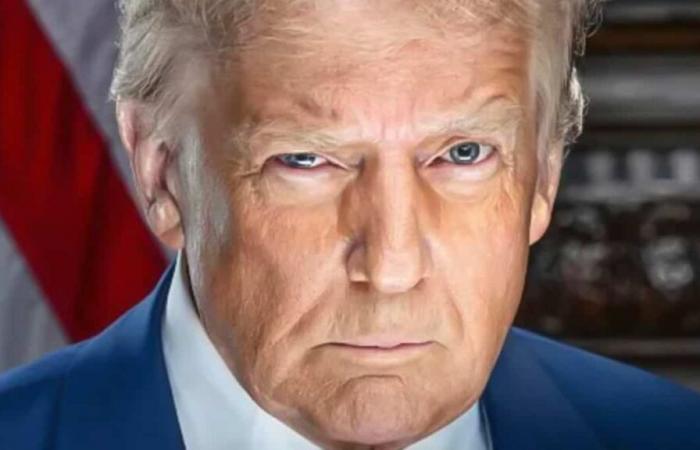Donald Trump begins his second term as president of the United States, promising to redefine the rules of the political, social and geopolitical game. On the national level, this return accentuates an already alarming polarization, while internationally, it begins an era of uncertainties and strategic repositioning. The world is watching, fascinated and worried, the shock wave of this controversial leader.
America, once a beacon of multilateralism, now seems to be taking a more solitary path, dictated by the principle “America First».
This orientation is not just a policy: it is a declaration of intent, a challenge to the established order. But is this an opportunity for renewal or the promise of chaos?
Between strength and fractures
Under Trump, the United States is becoming the scene of a major ideological clash. The promise of greater control of institutions, coupled with radical policies on immigration, justice and civil rights, exacerbates social and political divisions.
If its supporters see it as a “restoration” of American values, its opponents denounce an authoritarian drift and a weakening of democratic standards.
This polarization weakens social cohesion. Demonstrations, legal challenges and militant mobilizations herald months, even years, of instability.
Yet this tumult could become a catalyst for renewal for democracy, forcing the country to reexamine the very foundations of its identity.
But at what cost? When institutions falter under the weight of internal conflict, stability itself becomes an open question.
-A dangerous geopolitical game
On the international scene, Trump returns with clear ambitions: to protect American interests at all costs. Its economic war with China, its criticism of NATO and its skepticism towards multilateral agreements are redrawing the contours of alliances.
However, this transactional approach, although attractive in the short term for its supporters, risks isolating the United States and creating a strategic vacuum filled by other powers such as China or the BRICS. Trump’s logic of confrontation also pushes allies to reposition themselves. Europe seeks to strengthen its strategic autonomy, while the BRICS strive to reduce their dependence on the dollar.
This potential shift could mark the transition towards a multipolar world, where America would no longer be the hegemonic power of the past.
Disorder or recomposition?
Trump embodies a rupture, an apparent disorder which could initiate a global recomposition. By raising difficult questions about economic models, strategic balances and universal values, it forces the world to react. Some will see it as a threat, others as a possible renewal.
But this recomposition will be neither simple nor painless. The polarization it amplifies in the United States could become a mirror of global instability. However, it is at the heart of this turbulence that the seeds of a new balance are often born.
The question remains open: will this second mandate mark the end of an order or the emergence of a new paradigm? At the dawn of his presidency, the world hesitates between fascination and apprehension.






